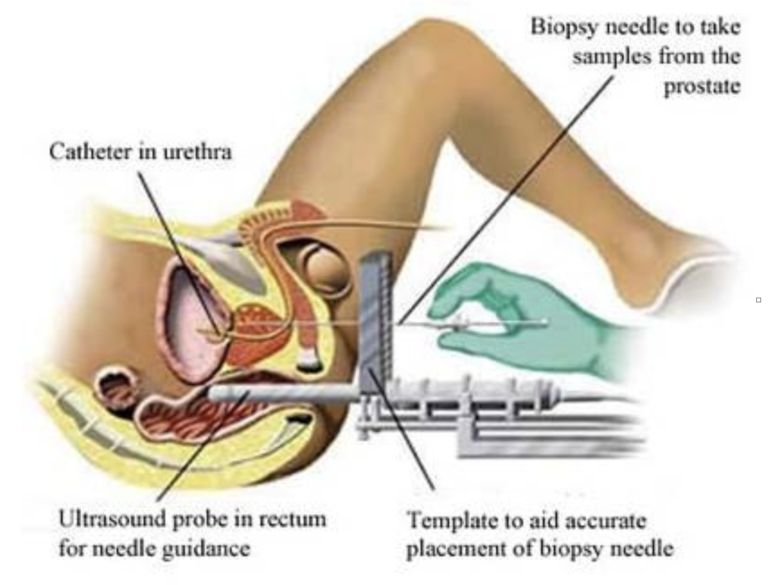Call: (647) 352–3233 | Fax: (416) 630–6415
NanoKnife for Prostate Cancer
Book a Prostate Cancer Assessment
Send a Referral Form to your Doctor

What is NanoKnife?
NanoKnife or Irreversible Electroporation (IRE) consists of placing a number of electrodes into the prostate to surround the area of significant cancer.
Short pulses of electricity using very high voltage are passed between the electrodes. This causes micropores to occur in all cells, including the cancer cells, which lead to their death.
This occurs by the process of apoptosis or natural (programmed) cell death. This does not cause inflammation which the other heat-based focal therapies do. Only cancer cells are damaged. Damage to other structures such as the nerves, urethra and sphincter are minimized.
 |
|
NanoKnife for Prostate Cancer If you have been recently diagnosed with prostate cancer confined to the prostate gland, the minimally invasive, Nanoknife Treatment could be suitable for you. There are several treatment options for patients with prostate cancer including surgery, radiation, focal therapy or surveillance.
Technology NanoKnife treatment is a form of Irreversible electroporation (IRE) Effectively destroys cancer cells without the use of thermal injury which minimizes injuries to normal prostate cells and nerves responsible for erections Induces apoptotic-like cell death resulting in complete ablation Precise and customizable ablation zones Immediate real-time visualization |
||
|
The Procedure
The procedure is performed as an outpatient basis and you go home the same day. No admission to hospital is required.
You will be asleep and remain asleep until the procedure is complete
During the procedure, electrodes the size of a long thin needles will be directed inserted into the prostate gland through the skin underneath your scrotum using ultrasound and MRI guidance
The number of electrodes used can range from 2 to 6
Once the electrodes are placed, your physician will initiate a series of electrical pulses
After your physician has delivered a sufficient number of pulses to the targeted area, the procedure is complete, and the electrodes are removed
Is NanoKnife right for me?
NanoKnife irreversible electroporation (IRE) treatment is appropriate for most people with prostate cancer that is confined within the prostate gland. However, every case and patient are unique. One of our leading urologists will gladly provide you with a Prostate Cancer Assessment and determine whether NanoKnife is a suitable approach. We encourage you to contact us today to discuss the possibility of NanoKnife treatment for you.

Why choose TCBH?
TCBH Healthcare is a multidisciplinary healthcare group, adopting a modern approach to healthcare by pioneering the latest medical procedures with a primary focus on minimally invasive treatment options across our sate-of-the-art level 3 surgical centre at TCBH Surgical Centre. Our team of industry leading Urologists have extensive experience in prostate cancer, providing expert diagnosis and treatment of prostate cancer.

